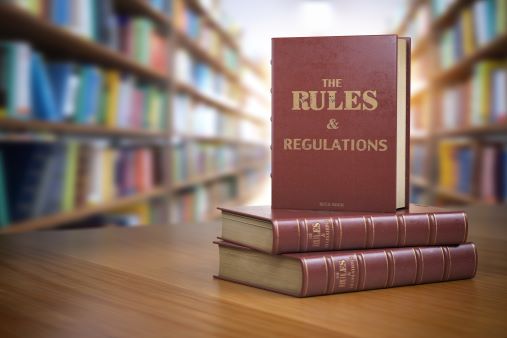PG&E Corporation and its utility subsidiary Pacific Gas & Electric Company (PG&E) recently filed the largest utility bankruptcy in U.S. history, and the sixth-largest corporate bankruptcy ever. As we noted prior to PG&E’s bankruptcy filing, one of the critical issues in this case is how PG&E intends to address its contracts with energy suppliers, including the solar and wind farms that sell energy to PG&E under long-term power purchase agreements (PPA).
These PPAs represent PG&E’s contractual commitments to approximately 350 counterparties totaling $44 billion, which is approximately three times PG&E’s 2017 gross revenues. Many of these PPAs are significantly above-market today, as they were entered into years ago when solar and wind power was much more expensive. A crucial issue in the PG&E case, and one that typically arises in utility bankruptcies, is whether a bankruptcy court alone has jurisdiction to approve a PPA rejection, or whether the Federal Energy Regulatory Commission (FERC) must also approve such rejection.
In order for a utility to adjust rates or otherwise modify PPAs outside of bankruptcy, approval must be obtained from FERC. The Federal Power Act grants FERC exclusive jurisdiction over the rates, terms and conditions of such contracts, and FERC is prohibited from modifying contractual rates unless the rate “seriously harms the public interest.” In a bankruptcy, however, a debtor is permitted to reject contracts subject to bankruptcy court approval and render each contract counterparty as merely the holder of a general unsecured claim – for which recovery is often uncertain.
Importantly, the standard for bankruptcy court approval of a debtor’s contract rejection is a much lower standard than the FERC standard outside of bankruptcy. A bankruptcy court will approve a debtor’s contract rejection if the debtor exercised “sound business judgment,” and this lower standard usually results in bankruptcy courts approving contract rejections.
FERC asserted its position in the days prior to PG&E filing for bankruptcy protection by issuing an order finding that both the bankruptcy court and FERC have “concurrent jurisdiction to review and address the disposition of wholesale power contracts sought to be rejected through bankruptcy.” In response, PG&E filed an adversary proceeding in bankruptcy court seeking (1) a declaratory judgment confirming the bankruptcy court’s exclusive jurisdiction over PG&E’s ability to reject any of its PPAs, and (2) injunctive relief against FERC prohibiting any further action FERC might take. PG&E’s complaint also seeks a ruling that FERC has no jurisdiction and that PG&E does not need FERC’s approval to reject any PPAs.
Bankruptcy courts across the country have ruled different ways in prior utility bankruptcies, with some finding that a bankruptcy court has exclusive jurisdiction to approve a PPA rejection and others finding that FERC must also approve a rejection. It is uncertain how the court will rule in the PG&E bankruptcy. Thus it is critical that PPA counterparties engage as active participants to preserve and enforce their rights, so as to maximize the value of their PPAs and ultimate monetary recovery.
To obtain more information, please contact the Barnes & Thornburg attorney with whom you work, or Jim Van Horn in the Creditors’ Rights, Restructuring and Bankruptcy group at 202-371-6351 or jvanhorn@btlaw.com; Ralph Dudziak in the Energy and Utilities group at 312-214-5618 or ralph.dudziak@btlaw.com; or William Ewing in the Energy and Utilities group at 404-264-4050 or william.ewing@btlaw.com.
© 2019 Barnes & Thornburg LLP. All Rights Reserved. This page, and all information on it, is proprietary and the property of Barnes & Thornburg LLP. It may not be reproduced, in any form, without the express written consent of Barnes & Thornburg LLP.
This Barnes & Thornburg LLP publication should not be construed as legal advice or legal opinion on any specific facts or circumstances. The contents are intended for general informational purposes only, and you are urged to consult your own lawyer on any specific legal questions you may have concerning your situation.















